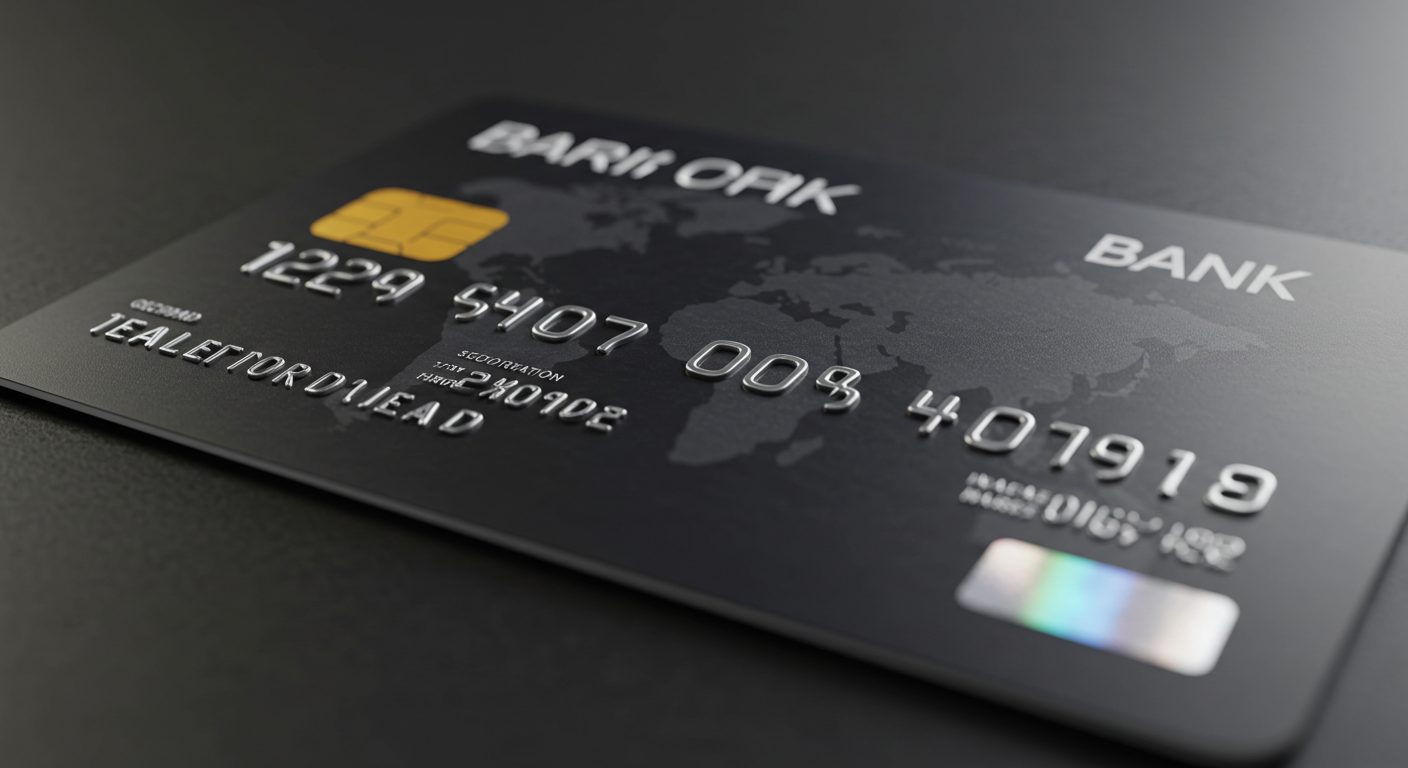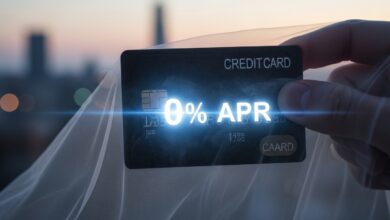What Is a Credit Card and How Does It Work?

A credit card is one of the most commonly used financial tools in today’s world. From everyday shopping to online purchases, it offers convenience and flexibility. However, when used carelessly, it can easily lead to debt. In this article, we’ll explore what a credit card is, how it works, and how to use it wisely.
What Is a Credit Card?
A credit card is a payment card issued by a bank or financial institution that allows you to borrow money up to a certain limit to pay for goods and services. Unlike a debit card, which takes funds directly from your bank account, a credit card lets you make payments using borrowed funds that you repay later.
Essentially, the bank pays the merchant on your behalf, and you agree to repay the bank—either in full or over time with interest.
How Does a Credit Card Work?
When you make a purchase with your credit card, the credit card company pays the seller immediately. At the end of your billing cycle, you’ll receive a monthly statement that shows:
- Your total spending
- The minimum payment required
- The due date for payment
If you pay your balance in full before the due date, no interest is charged. But if you carry a balance to the next month, you’ll be charged interest (APR – Annual Percentage Rate) on the remaining amount.
Credit Limits and Interest Rates
Every credit card comes with a credit limit—the maximum amount you can spend using that card. This limit is determined based on your income, credit score, and payment history.
Interest rates (also known as APR) are crucial to understand. They determine how much extra you’ll pay if you don’t pay off your balance in full. The higher your interest rate, the more expensive your debt becomes.
The Importance of a Credit Score
Your credit score is a number that reflects how responsibly you manage credit. Using your credit card wisely—by paying on time and keeping your balance low—can help build a strong credit history.
A good credit score increases your chances of getting approved for loans, mortgages, or better credit card offers in the future.
Tips for Responsible Credit Card Use
- Pay your balance in full each month to avoid interest charges.
- Keep track of your spending and stay within your budget.
- Avoid making only the minimum payment, as it increases long-term debt.
- Review your statements regularly for unauthorized or fraudulent transactions.
- Use rewards cards wisely—collect points or cashback only if you can pay off your balance each month.
Common Mistakes to Avoid
- Making late payments
- Exceeding your credit limit
- Ignoring interest rates and fees
- Applying for too many credit cards at once
These mistakes can hurt your credit score and make borrowing more expensive in the future.
Conclusion
A credit card can be a powerful financial tool when used responsibly. It offers convenience, security, and even rewards—but misuse can lead to high-interest debt and financial stress.
By understanding how credit cards work and managing them carefully, you can enjoy the benefits while keeping your financial life healthy and under control.
